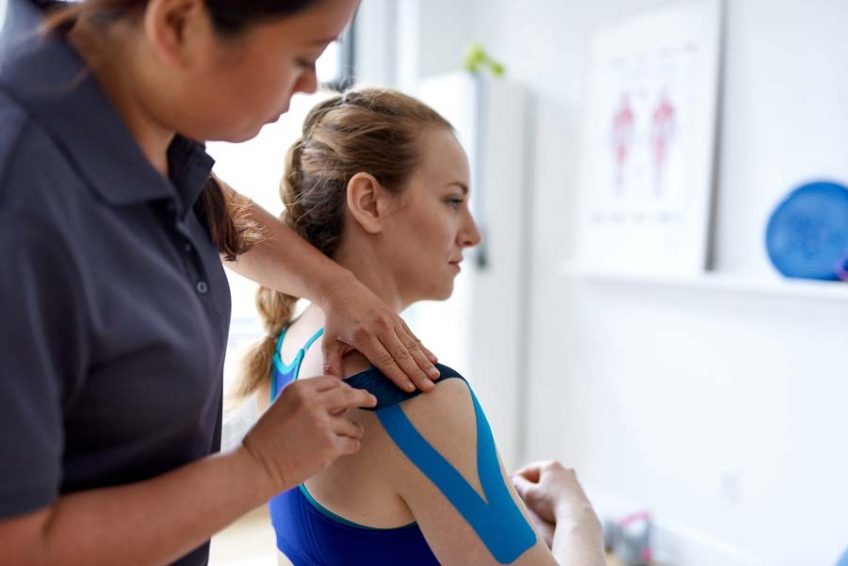Your rotator cuff is the group of muscles and tendons that help hold your shoulder joint together. A tear in this area is a common cause of shoulder pain, and if it is severe, it can limit your ability to raise your arm. This type of injury can happen from falling on your outstretched arm, lifting something heavy with a jerking motion, playing certain sports, repeated motions over time, degeneration or bone spurs, or in association with a dislocated shoulder. Risk factors include age greater than 40, repetitive lifting and overhead activities. If you approach your orthopedic doctor about a potential rotator cuff injury, here is what will happen.
Torn Rotator Cuff Diagnosis
First, your orthopedic doctor will conduct a physical exam. They may have you perform a series of motions to identify which ones hurt, and will test both the mobility and the strength of your arm. Your doctor will check for areas of tenderness. If a rotator cuff injury is suspected, one or more imaging tests will be used to confirm the diagnosis, such as X-rays, MRI or ultrasound. Your doctor will also check for other shoulder problems and may examine your neck to be sure the pain is not coming from a neck related issue.
Torn Rotator Cuff Treatment
For a minor tear, especially one that happened due to repetitive motions, the nonsurgical treatment includes rest and activity modification limiting overhead activities. Your doctor may recommend nonsteroidal anti-inflammatory medications like ibuprofen to help manage your shoulder pain. Certain exercises and stretches may be necessary to strengthen the area and increase your range of motion and physical therapy may be ordered.
If your pain does not improve with nonsurgical treatment, you have a large tear, weakness or an acute injury your doctor may recommend surgery. This involves repairing the tendon and reattaching it to the humerus. There is a range of surgical treatments including a minimally invasive arthroscopy using very small incisions to repair and anchor the tissue in the area.
If you’re experiencing shoulder pain, talk to Advanced Orthopaedic Associates in Wayne, NJ, about whether you may have a rotator cuff tear. For 20 years, we’ve served Passaic, Bergen, and Morris counties, providing research-based care from compassionate professionals. Dr. Dyal takes a two-phase approach to treatment, first addressing the current problem and then helping you achieve maximum post-treatment quality of life. Call (973) 839-5700 to learn more about our services or to schedule an appointment.

